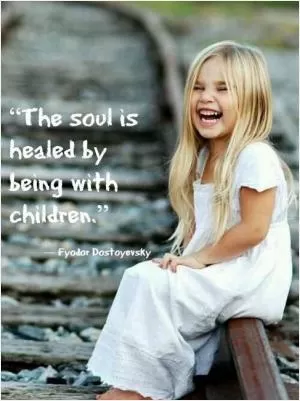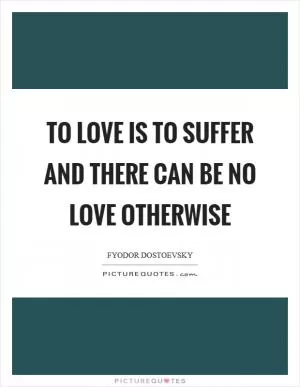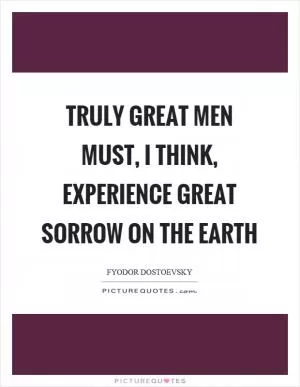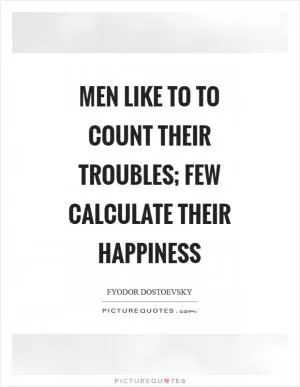
Happiness does not lie in happiness, but in the achievement of it

Happiness does not lie in happiness, but in the achievement of it
Fyodor Dostoevsky, one of the greatest Russian novelists of all time, is known for his deep exploration of the human psyche and the complexities of human nature. In his works, he often delves into the themes of suffering, redemption, and the search for meaning in life. One of the recurring themes in Dostoevsky's works is the idea that true happiness does not come from simply experiencing moments of joy or pleasure, but rather from the pursuit and achievement of a higher purpose or goal.In Dostoevsky's novel "Crime and Punishment," the protagonist, Raskolnikov, grapples with the idea of happiness and the nature of morality. Raskolnikov believes that he can achieve happiness and fulfillment by committing a heinous crime in order to prove his superiority and intelligence. However, as the novel progresses, Raskolnikov's actions lead to guilt, remorse, and ultimately, a crisis of conscience. It is only through his eventual confession and acceptance of his guilt that Raskolnikov is able to find a sense of peace and redemption.
Similarly, in Dostoevsky's novel "The Brothers Karamazov," the characters struggle with their own desires for happiness and fulfillment. The brothers, Dmitri, Ivan, and Alyosha, each seek happiness in different ways – through wealth, intellect, and spirituality, respectively. However, it is only through their shared experiences, trials, and tribulations that they come to understand the true nature of happiness and the importance of human connection and love.
Dostoevsky's exploration of happiness in his works reflects his belief that true fulfillment comes not from the pursuit of fleeting pleasures or material possessions, but from the pursuit of higher ideals and the achievement of moral and spiritual growth. For Dostoevsky, happiness is not a static state of being, but rather a dynamic process of self-discovery, self-improvement, and self-transcendence. It is through the struggle and the striving towards a greater good that true happiness can be found.












 Friendship Quotes
Friendship Quotes Love Quotes
Love Quotes Life Quotes
Life Quotes Funny Quotes
Funny Quotes Motivational Quotes
Motivational Quotes Inspirational Quotes
Inspirational Quotes